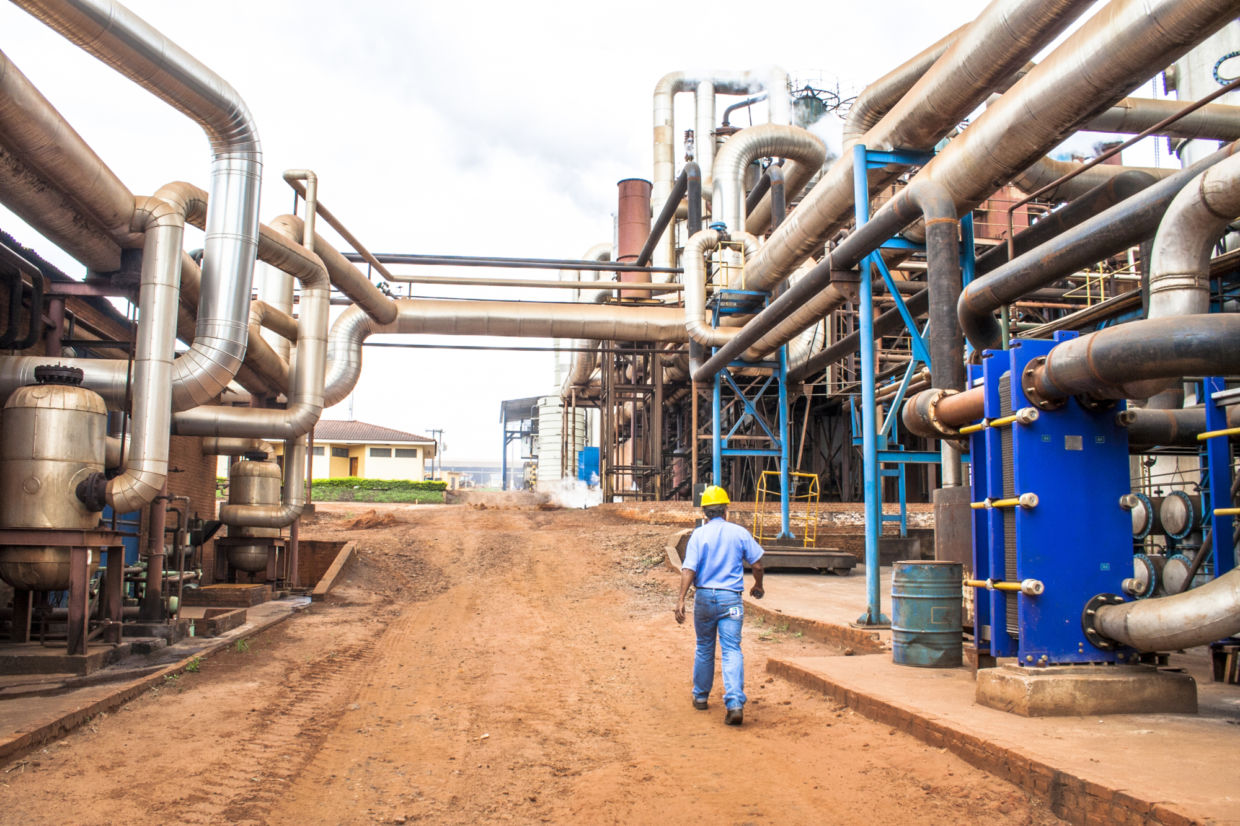
“We have a problem with dehy units in our new ethanol plants. Your sieve has turned to dust. Can you help?” This was a call that Zeochem’s ethanol expert, Alex Widmer, received one day from an EPC customer in Asia that has been using Zeochem sieve for several years. As Alex hadn’t heard of any break-up issues of Zeochem’s ethanol sieve in all his years with the company, his interest was raised immediately, and he started to thoroughly investigate the matter. He contacted the customer for more information, and within two weeks, he was out at a remote site halfway around the world.
The plants of the EPC customer had only been in service one year and had been using China-sourced Zeochem sieve for a few months. They assumed the sieve from China might not be strong enough and could have caused the dust problem. The dust issue was so bad that they were cleaning their filters once per day instead of the typical once every few weeks.
Since Alex knew that Zeochem had spent years developing and testing to ensure that any material made in China matched all the specifications of Zeochem’s Louisville, KY-produced material, he could hardly image that it was a strength issue. No other customer had reported dust issues with the same material. In addition, Zeochem’s laboratories had received samples of the material in question to test in-house. The quality lab confirmed that the bead strength met specification and would not be breaking up under normal ethanol dehydration operating conditions. After confirming the samples met all specifications, Alex was invited into the plant to help solve the problem.
Alex sat down with the unit engineers at the plant to discuss their operating conditions and confirm that they were running at the correct parameters set by Zeochem. Typically, the units regenerate every five minutes. When depressurizing to reach a vacuum for regeneration, the rate cannot be too fast, nominally less than 50 psi/mn. If depressurized too quickly, the sieve could break-up. Alex analyzed their settings and data from past runs and realized that the break-up was due to a depressurization issue.
Back at the EPC site, Alex met with the EPC technical experts and reviewed the issue and data he found while at the plant site. He reviewed the basics of adsorption and unit operation with the EPC engineers. As a result, it was determined that the pressure decrease rate was too rapid and exceeded the 50 psi/mn recommended by Zeochem. It was this quick pressure change during regeneration that was causing the sieve to break-up and create the dust. Once everyone agreed on the source of the problem, the EPC made adjustments to its valves and this change eliminated the breakup issue.
Thus, just three weeks after the first notification of break-up, Zeochem:
- Sent their Ethanol expert on-site to a remote location to help problem-solve
- Tested the material at its in-house US QC lab to ensure product met specifications
- Confirmed that Chinese-sourced Zeochem material meet the identical spec’s of US-sourced beads
In summary, Zeochem has the right product to meet your needs for ethanol dehydration, expert knowledge to help start-up and troubleshoot, and provides high-quality material from both its US and China production sites.